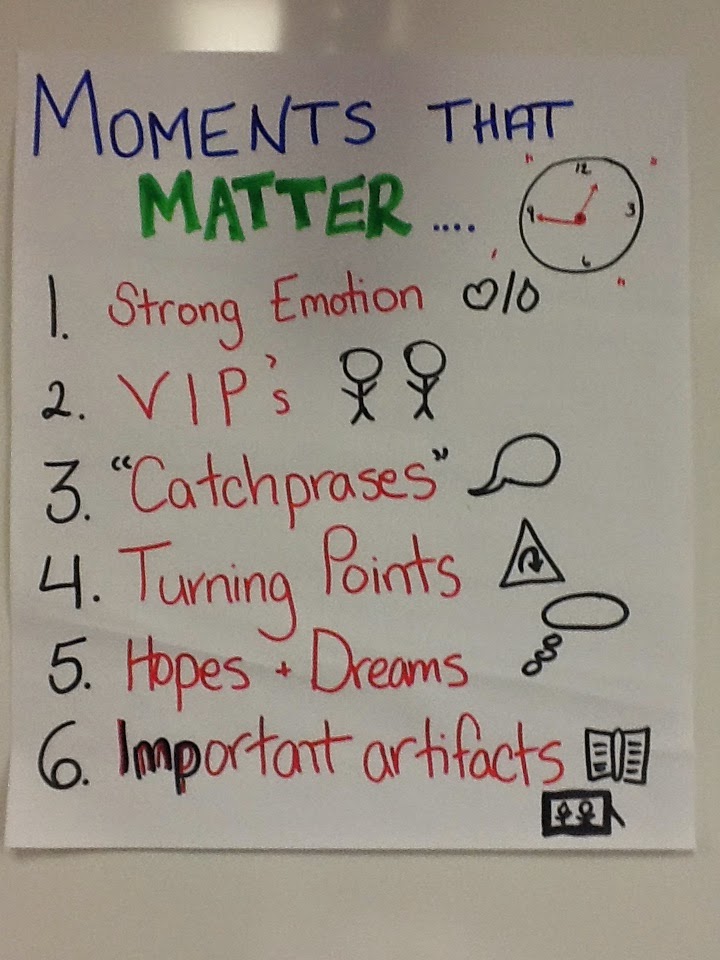Okay, so this may be the first time that someone has asked you to write an "essay" that includes a personal story about yourself. Now what???
Think of this paper as a modified argument essay.
First, you will tell your audience about an important life lesson you want them to learn. Then, you will tell them a personal story that explains about a time in your life when you learned that lesson (hint-maybe you learned it the hard way, and you are trying to prevent them from making the same mistakes that you did??) This is the proof/evidence that makes the audience listen to you and agree that- yes that is an important life lesson.
Your paper will be divided into three sections:
1. Introduction (1- paragraph)
a) Set up the background for your story. Introduce yourself, and explain any info needed for the audience to understand the story (location/time-frame/important situations happening in your life)
b) Hint at the lesson you are going to share. (This should be the last few sentences of the introductory paragraph)
2. Personal Story (multiple paragraphs)
a) Write a detailed narrative (story) that explains a time in your life when you learned an important lesson that applies to everyone. This story is the proof/evidence that proves to the audience that the lesson you are sharing is valuable.
3. Conclusion (1-paragraph)
a) Remind the audience of the lesson you are teaching them (first few sentences)
b) Sum up the story and reflect on how the experience changed you
c) Explain why this is an important lesson for everyone to learn (last sentence)
REMINDERS...
-Write in the first person P.O.V (I, me, my, we, our)
-The story section of the paper is kind of like a flashback
-Think of a creative title for your paper that is related to the lesson
-Type in size 12 Times New Roman font
-Spelling/grammar/punctuation rules apply















